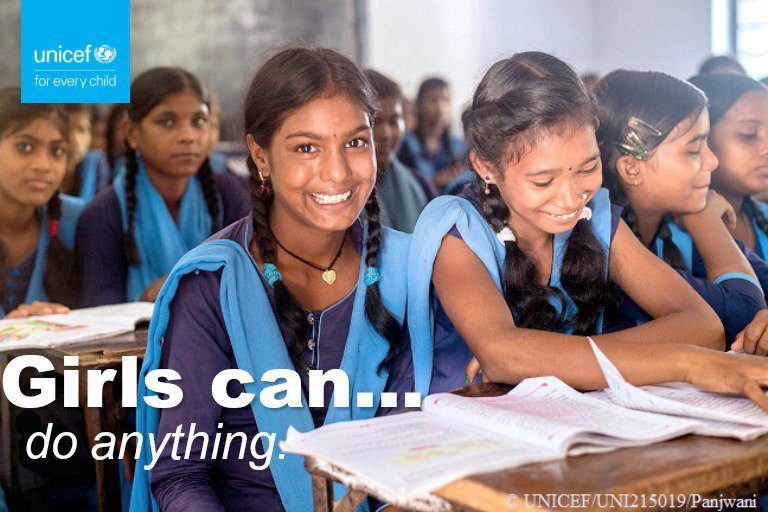By Muhammad Amaan
The United Nations Children Fund (UNICEF) said government and stakeholders in education sector must develop workable models to protect child’s right to quality education and tackle menace of out -of-of school children in Nigeria.
Mr Muhammad Okorie, Officer-in-Charge, UNICEF, Lagos Field Office, said this on Tuesday in Ibadan, at a two-day stakeholders’ meeting on out-of-school children menace in South-West states.
The meeting was attended by commissioners for education, religious leaders, and educationists from Ekiti, Lagos, Ondo, Osun, Ogun and Oyo States.
Okorie observed that getting out-of-school children back to school required that all stakeholders to come together on a workable solution.
He said that said stakeholders should not only look at what they had achieved in terms of numbers of children they have brought back to school, but rather those they were yet to reach out to.
“When we do child retention, transition and completion analysis, we might be happy that we have achieved a particular percentage.
“But, looking at it from the angle of leave no one behind and reach the farthest first, then we are no longer looking at it from the angle of how much we have achieved but how much we are yet to achieve.
“We are looking at education today from one perspective, the perspective of being a right and a right that cannot wait.
“A right that has to be fulfilled and a right that requires that all critical stakeholders must come together to agree on workable solution.
“Today we are designing a model that works for you as it concerns child retention, transition and completion,” he stated.
According to him, the National Bureau of Statistics’ Multiple Indicator Cluster Survey (MICS) 2021, reveals that in South-West states, the lower secondary completion rate is 85 per cent, while upper primary completion rate is 72.9 per cent.
Okorie said UNICEF would continue to support government to reduce the out-of-school menace in the country to the barest minimum.
“UNICEF, being a partner in progress, our mandate can only be achieved when a child right is completely fulfilled, protected and upheld; and one of those critical ones is education which is a driver that enhances others”, he said
Also speaking, Azuka Menkiti, UNICEF Education Specialist, Abuja Office, said the regional meeting was aimed at supporting the South-West states on workable models to address retention, transition and completion of adolescents in secondary education.
Menkiti called for adequate funding of secondary education and making sure that they develop credible data that would help government to minimise the menace of out-of-school children in the country.
“We are particularly interested in this meeting, on those who are at the risk of dropping out and at the risk of not actually completing secondary education.
“For UNICEF, the work we do in education is actually categorised across three core areas; system strengthening, creating and expanding access for children, and also creating and supporting state to expand quality learning opportunities for adolescents and children,” she said.




